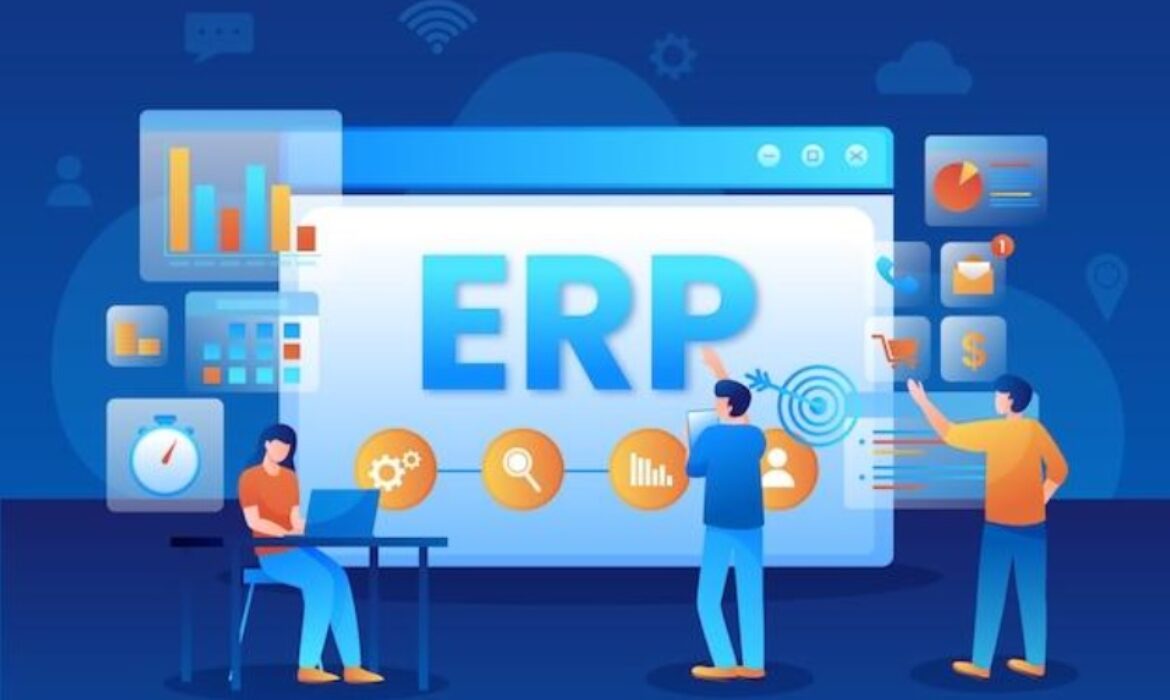
Efficient Administration: Simplifying Tasks and Workflows with a School ERP Solution
Introduction:
Efficient administration plays a vital role in the smooth operation of educational institutions. With the advancement of technology, traditional manual processes are being replaced by digital solutions to streamline administrative tasks and workflows. One such solution is a School ERP (Enterprise Resource Planning) system. This article explores the advantages of implementing a School ERP solution in educational institutions, highlighting how it simplifies tasks and enhances overall administrative efficiency.
-
Streamlining Administrative Tasks with a School ERP Solution
A School ERP solution simplifies various administrative tasks that consume time and resources. Tasks such as student admissions, attendance management, timetable creation, and fee collection can be efficiently handled through a centralized platform.
With a School ERP solution, administrators can automate the admission process, allowing for online application submissions, document verification, and enrollment. Attendance management becomes more convenient with automated systems like biometric or RFID, reducing manual effort and ensuring accurate records. The system also enables easy creation and management of timetables, optimizing scheduling and resource allocation. Additionally, fee management becomes streamlined as the ERP solution automates fee collection, generates invoices, and tracks payments, simplifying financial management for the institution.
-
Centralizing Data and Information Management
A School ERP solution serves as a centralized hub for managing data and information related to students, faculty, staff, and other stakeholders. It provides a secure and organized repository for storing and accessing vital information.
Administrators can maintain comprehensive student records, including personal details, academic progress, and disciplinary records, in a centralized database. This ensures easy retrieval of information whenever required, eliminating the need for manual record-keeping and reducing the risk of data loss. Faculty and staff information, including qualifications, attendance, and performance evaluations, can also be efficiently managed within the system.
III. Enhancing Communication and Collaboration
Efficient communication and collaboration among stakeholders are essential for effective administration. A School ERP solution facilitates seamless communication and collaboration by providing a platform for exchanging information and updates.
Teachers can use the ERP solution to share course materials, assignments, and grades with students. Parents can access their child’s academic progress, attendance records, and communicate with teachers through the system. Administrators can send notifications, circulars, and important announcements to the entire school community. This integration of communication channels within the School ERP solution ensures timely and transparent information flow, fostering collaboration and improving overall engagement.
-
Improving Decision Making with Data Insights
A School ERP solution collects and analyzes data from various administrative processes, providing valuable insights that support informed decision making. Administrators can leverage this data to gain a deeper understanding of the institution’s performance and make data-driven decisions.
By analyzing data trends and patterns, administrators can identify areas for improvement, allocate resources effectively, and make informed decisions regarding curriculum enhancements or infrastructure development. The School ERP solution serves as a valuable tool for monitoring and evaluating the institution’s progress, ensuring continuous growth and improvement.
Conclusion:
Implementing a best School ERP solution is a game-changer for educational institutions aiming to simplify administrative tasks, streamline workflows, and enhance overall efficiency. By centralizing data and information management, automating administrative processes, facilitating communication and collaboration, and enabling data-driven decision making, a School ERP solution transforms the way educational institutions function. It empowers administrators, faculty, students, and parents by providing a comprehensive platform for managing administrative tasks and workflows. In the digital age, adopting a School ERP solution is crucial for institutions to optimize their operations, improve administrative efficiency, and deliver an exceptional educational experience.


















